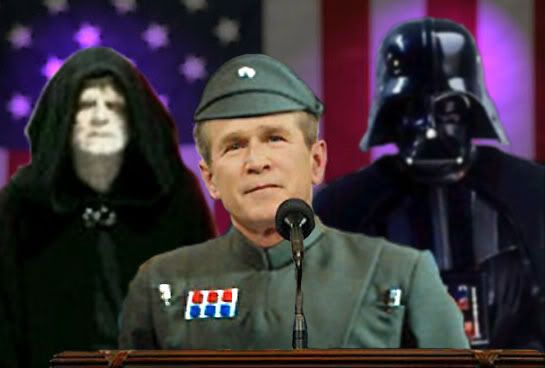pookapookapookapookapooka
četvrtak, 07.04.2005.
The background of Koffi Anan story
|
|
| < | travanj, 2005 | > | ||||
| P | U | S | Č | P | S | N |
| 1 | 2 | 3 | ||||
| 4 | 5 | 6 | 7 | 8 | 9 | 10 |
| 11 | 12 | 13 | 14 | 15 | 16 | 17 |
| 18 | 19 | 20 | 21 | 22 | 23 | 24 |
| 25 | 26 | 27 | 28 | 29 | 30 | |
Dnevnik.hr
Gol.hr
Zadovoljna.hr
Novaplus.hr
NovaTV.hr
DomaTV.hr
Mojamini.tv
MOŽETE ZBUNJIVATI NEKE LJUDE CIJELO VRIJEME, MOŽETE ZBUNJIVATI SVE LJUDE NEKO VRIJEME, ALI MORATE ZBUNJIVATI SVE LJUDE CIJELO VRIJEME
nopasaranpooka@gmail.comCopyright by Microsoft Corporation
All rights reserved under condition of their actualisation only under the terms described in various fairytales as ''good'' or ''benevolent'' or ''motherfucking unconditionaly determined never to back off when confronted with forces labeled as 'enemy' by the power invested in pooka by the truth that we all hold as selfevident, one of which is unexceptable material wealth of Microsoft Corporation, hereby denied of the copyrights given above.
spot the loonie!
Immanuel KantImmanuel Kant & quantum mechanics
Harvey
JEFFERSON BIBLE
Jesus of Nazareth
Wes Clark
Karl R. Popper
Ludwig van Beethoven
Franklin D. Roosevelt
Fjodor Mihajlović Dostojevski
William Shakespeare
Joseph Heller
William Blake
John Fitzgerald Kennedy
Aleksander Shulgin
Jean Baudrillard
Leonard Bernstein
Paul Feyerabend
Leonard Cohen
Hundertwasser
Kurt Vonnegut
Slavoj Žižek
dr. Albert Hofmann
Douglas Adams
Erwin Schroedinger
Rabinranath Tagore
Jello Biafra
Charles Darwin
John Maynard Keynes
Hieronymus Bosch
dr. Leo H. Sternbach
Harry Truman
GEORGE MONBIOT reanimated pooka orIMOGEN
alje soft cell porto tofu walking eviltwin plavi golub korvin natch sonic medusa celeste nymphea neurotic palagruza mantasmic DUCE DUECENTO poni
Link o razlozima zašto Danijel treba našu pomoć da bi mogao živjeti Broj Danijelovog računa je: Danijel Subanović, Zagrebačka banka, Zagreb. Kod plaćanja e-zabom u račun primatelja treba upisati slijedeće: 2360000 - 3112916704. Poziv na broj ostaje prazan. Za plaćanje u pošti, banci ili Fini, Nalog za plaćanje (opća uplatnica) treba ispuniti na sljedeći način: Primatelj: Danijel Subanović, Model: 14, Broj računa primatelja: 2360000-1000000013 Poziv na broj: 3112916704

